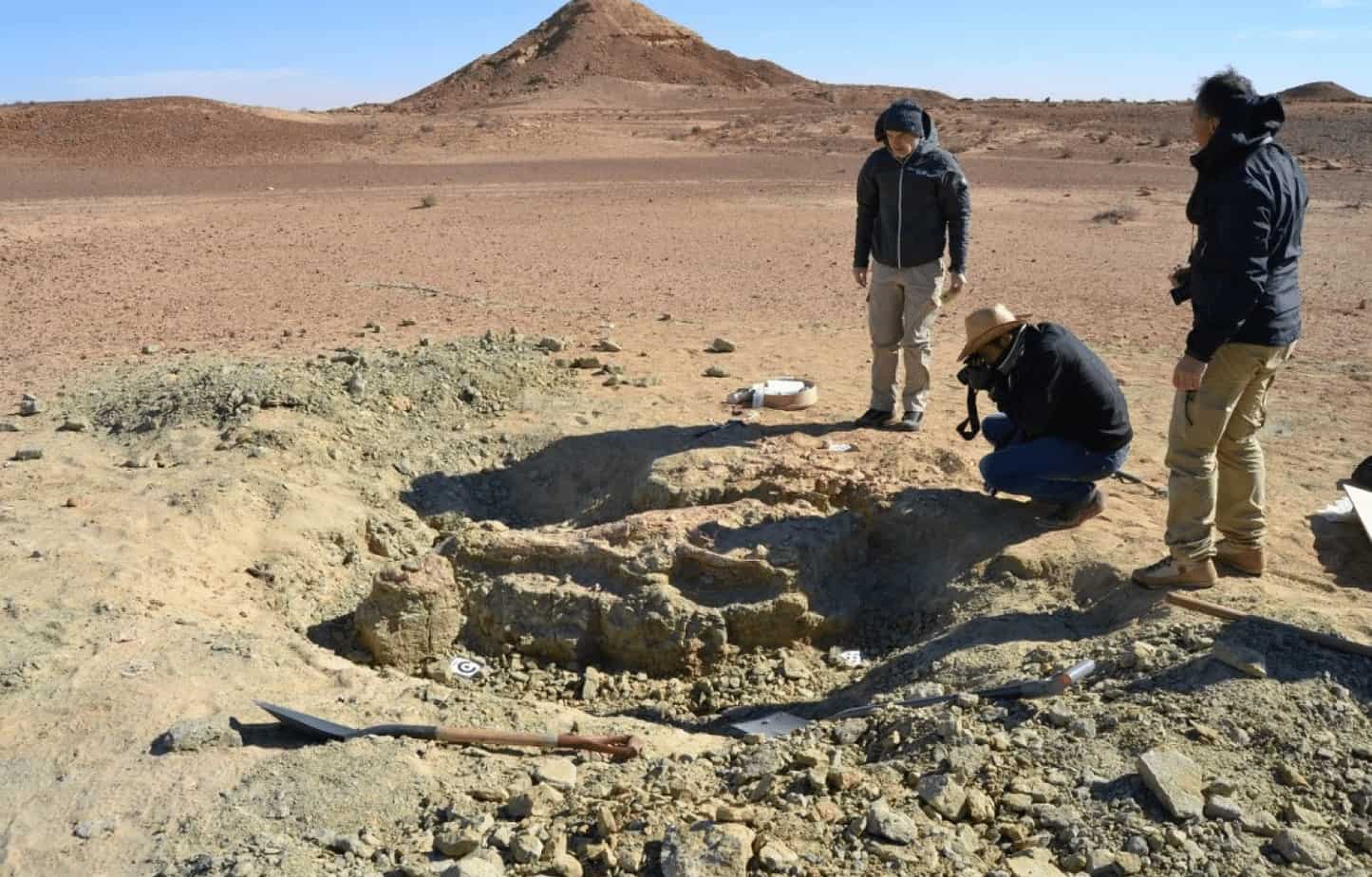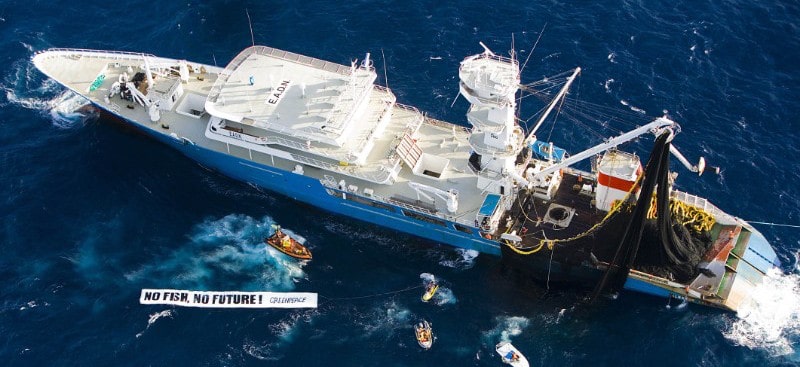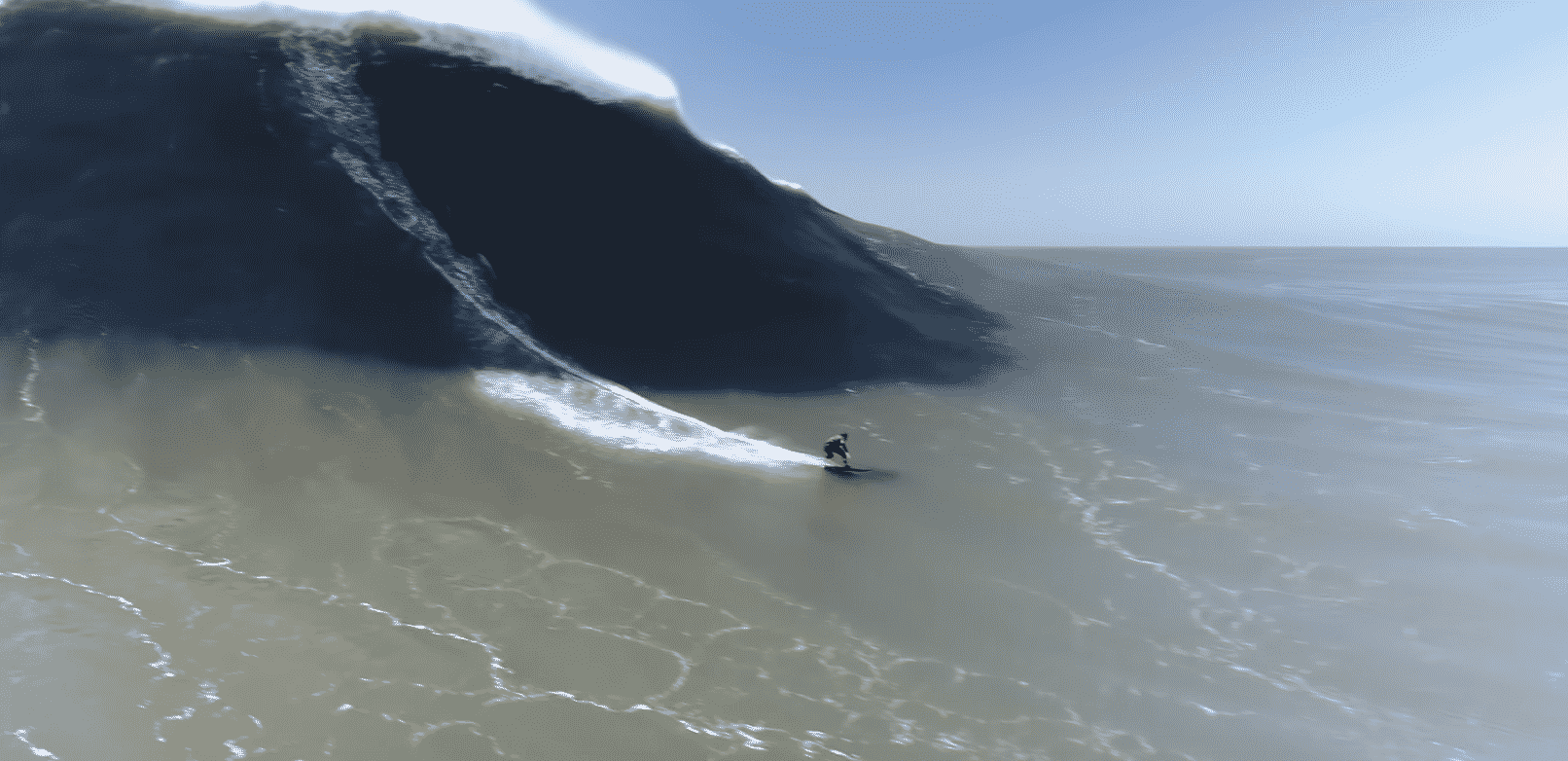
What do a bus and a crocodile have in common? Their size, apparently.
Paleontologists in southern Tunisia discovered the five-foot-long skull of this monster crocodile, dubbed Machimosaurus rex, and quickly realized this find was previously unknown to science.
The team, led by National Geographic grantee Federico Fanti, discovered a few other bones along with the skull of the largest known sea-dwelling crocodile on record and estimates the length of the Machimosaurus rex would have been around 31 feet, assuming it shares similar proportions to its relatives.
The short length and rounded shape of the teeth found on the skull appear to suggest the M. rex had “a very incredibly powerful bite force” allowing it to crush its food, Fanti said. M. rex was more than likely an ambush predator that feasted on a wide variety of prey.
Even more so than the size of the discovery, this amazing find undermines previous theories that believed prehistoric creatures like the M. rex had gone extinct around 150 million years ago, but this particular M. rex is around 130 million years old.
If this is true it means that the idea of a mass global extinction that wiped out a number of marine reptiles may need to be reconsidered.
“That’s leading us to consider the mass extinction theory is wrong and that we should better understand what’s going on at the end of the Jurassic period,” Fanti said.
Whenever this giant croc went extinct, luckily there’s one less sea monster to worry about while out fishing.








